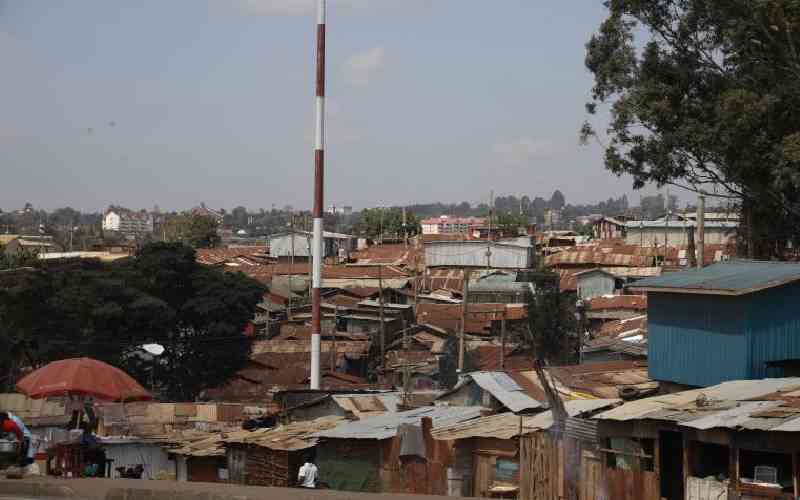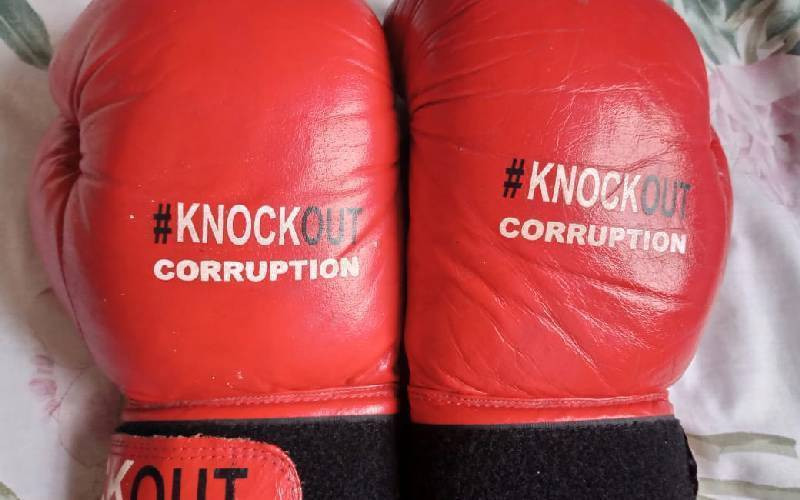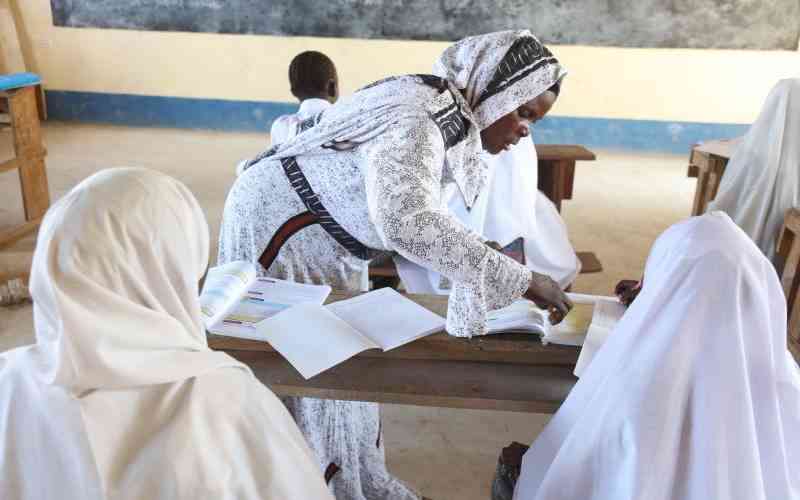Kenya: Micro-finance institutions in Kenya have continued serving quite a number of rural folk and are proving to be a powerful tool in the fight against poverty.
As development projects take off, one question that arises is the extent to which credit can be offered to the youth to help them take part in entrepreneurial activities, which in turn can help in efforts to fight poverty among them.
This is because being the most populous social category, poverty among the youth is a major concern. Under half of the almost 1.3 billion young people in the world live on less than two dollars a day. This state of affairs is particularly pronounced in developing countries such as Kenya.
Community leaders
In Embu and Kirinyaga counties, a campaign to popularise micro-insurance has been launched following the training of 60 community leaders to become champions of micro-insurance as part of efforts to influence residents appreciate the value an insurance cover offers.
The intention is to increase penetration of micro-insurance in rural areas and among low-income earners, such as farmers and micro-entrepreneurs, to cushion them from loss of property, accidents, hospitalisation and other common risks that expose them to abject poverty.
The campaign is known as Champions of MicroInsurance, an initiative supported by Africa-focused re-insurer Continental Re. It involves training of community leaders, followed by road shows to create awareness among Kenyans.
The campaign will be rolled out progressively across all the 47 counties, through training of special cluster groups of community leaders, road shows and educative editorials in regional media.
“As the lead sponsor, Continental Reinsurance will continue to be associated with the initiative, which we trust will go a long way in accelerating the uptake of micro-insurance products at the grassroots level,” said Continental Re’s CEO Calisto Ogaye.
Experts from the Insurance Regulatory Authority (IRA) offered the training while Kirinyaga Star facilitated the campaign activities. “This is a good initiative,” Association of Kenya Insurers (AKI) Chief Executive Officer Tom Gichuhi said.
In Kisii County, a separate poverty alleviation project, Retired Pastors for Mission (RPM) Vision Credit fund supported through World Vision will assist locals mostly living below poverty line improve their lives in a Sh50 million monthly loan scheme.
Medical cover
The project launched in December last year has already loaned out Sh150 million to groups, with each member also getting a full life and medical cover from Jubilee Insurance Company.
Each group comprising 40 members is given an initial loan of Sh1 million to be aid back at an interest rate of 2 per cent in a period of one year.
Stay informed. Subscribe to our newsletter
The money is aimed at funding the groups to practice dairy farming, with each member getting at least one dairy cow in the first programme dubbed ‘Nyangera’, a Kisii term for a huge dairy cow.
Vision Fund Credit Ltd Director, Patrick Nyaberi said about 90 per cent of Kisii residents rely on agriculture for economic empowerment, with the main activities being dairy, tea, coffee, vegetable and other forms of small-scale farming.
“Financing residents to start up economic activities is a critical component of local financial and social development strategies. The dairy farming project is unique in the sense that land in Kisii is becoming a hot topic of discussion,” said Nyaberi.
Nyaberi explained that the project targets the most vulnerable groups and individuals in an objective and transparent manner and with proper written proposals.
World Vision Regional Director for East Africa Robin Bell explained the agreement is to provide sustainable economic services in the county by supporting low-income people achieve their targets.
“We want to kick out poverty and improve the lives of children. Partnerships, participatory processes and collaboration among locals are the key features of recent initiatives to improve the lives of people living below the poverty line,” she said. - Additional reporting by John Oyuke
 The Standard Group Plc is a
multi-media organization with investments in media platforms spanning newspaper
print operations, television, radio broadcasting, digital and online services. The
Standard Group is recognized as a leading multi-media house in Kenya with a key
influence in matters of national and international interest.
The Standard Group Plc is a
multi-media organization with investments in media platforms spanning newspaper
print operations, television, radio broadcasting, digital and online services. The
Standard Group is recognized as a leading multi-media house in Kenya with a key
influence in matters of national and international interest.
 The Standard Group Plc is a
multi-media organization with investments in media platforms spanning newspaper
print operations, television, radio broadcasting, digital and online services. The
Standard Group is recognized as a leading multi-media house in Kenya with a key
influence in matters of national and international interest.
The Standard Group Plc is a
multi-media organization with investments in media platforms spanning newspaper
print operations, television, radio broadcasting, digital and online services. The
Standard Group is recognized as a leading multi-media house in Kenya with a key
influence in matters of national and international interest.








